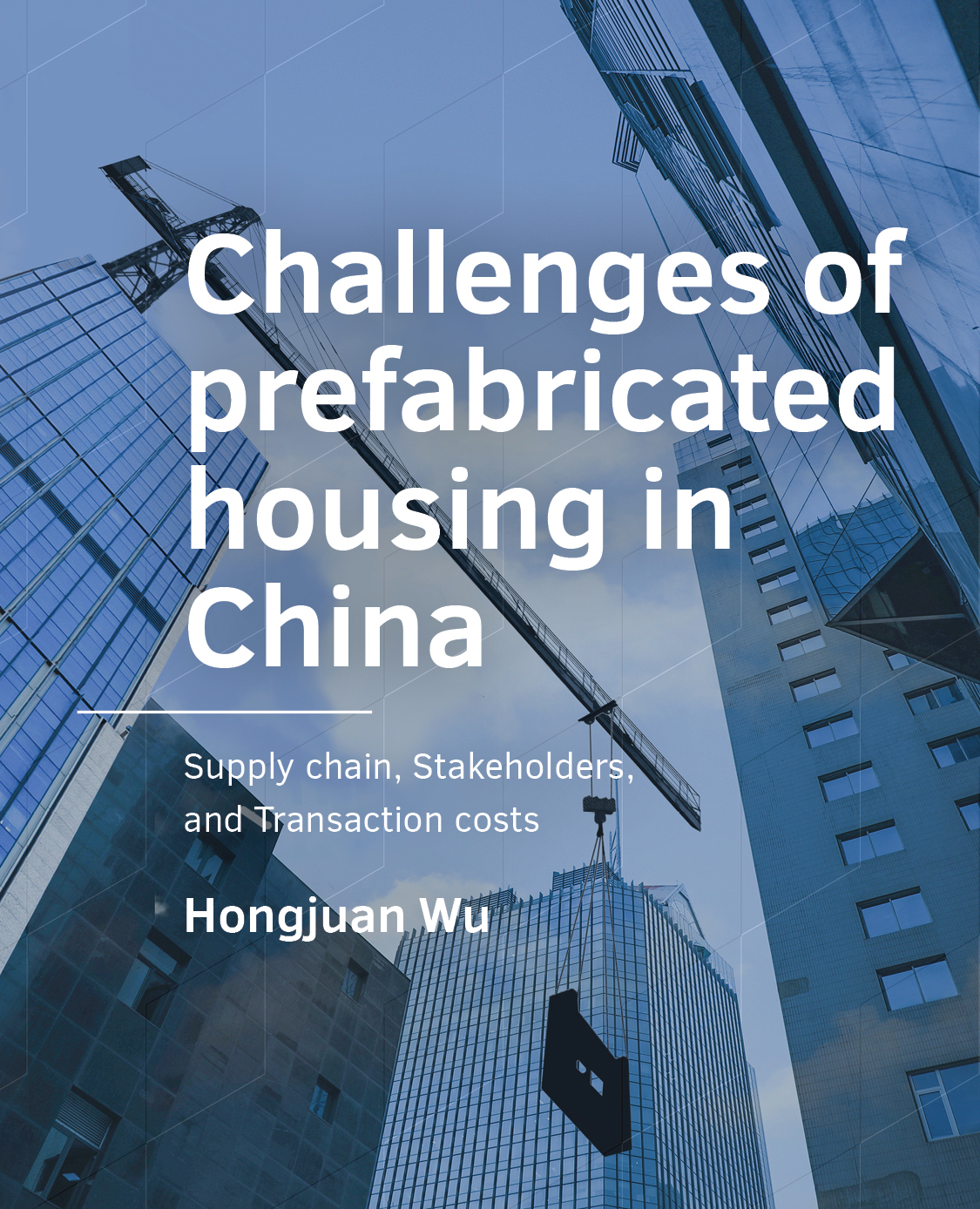Challenges of prefabricated housing in China
Supply chain, Stakeholders, and Transaction costs
DOI:
https://doi.org/10.7480/abe.2021.17.6185Abstract
Recently, the implementation of prefabricated housing (PH) has become prevalent in China to achieve sustainability while ensuring green construction, innovative products, and higher quality. However, numerous challenges arise, such as the overrun costs, inexperienced workers, and the inefficient management process. High transaction costs (TCs) occur in the PH project supply chain since additional efforts are consumed for overcoming these challenges. This study aims to seek insights into TCs of PH and investigate strategies for minimizing the TCs thus smooth the development process of PH projects. Three key elements have been addressed throughout the thesis: supply chain, stakeholders, and transaction costs. Four-step research is employed to uncover the TCs in the PH supply chain, collect the stakeholders’ perceptions, investigates the causes of TCs, and explore decisions for reducing TCs. This thesis identifies three types of TCs in Chinese PH projects by their nature: due diligence costs, negotiation costs, monitoring and enforcement costs. Private stakeholders in China’s PH industry put more of their attention on TCs related to the specificity of prefabrication. The simple and joint strategies are provided for reducing their benefits lost from the unexpected TCs. Additionally, the value of the governmental TCs has been revealed for reducing the TCs of PH, which inspires and supports the policymakers to develop a healthy policy environment.


